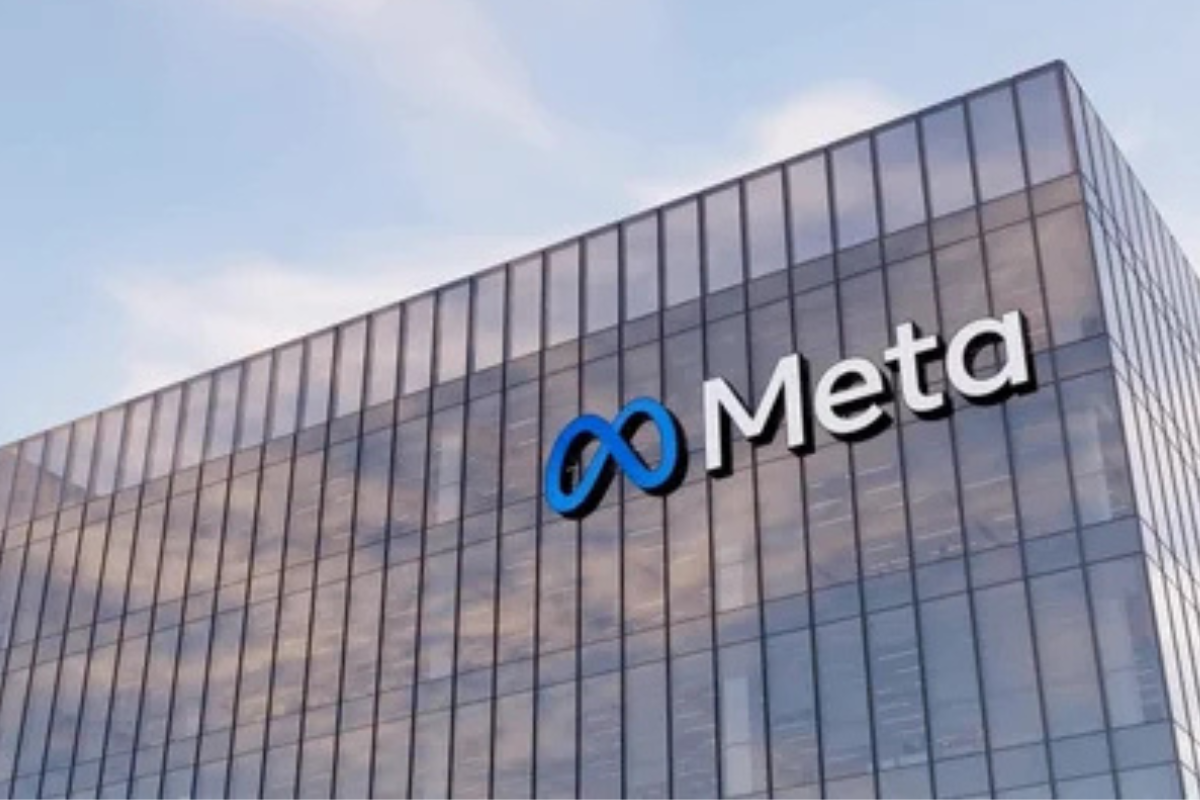NEW DELHI: On Friday, Meta, the parent company of Facebook, announced the release of multiple new AI models from its research section, including the ground-breaking “Self-Taught Evaluator.” This novel approach represents a substantial breakthrough in artificial intelligence technology since it may lessen the need for human intervention in the AI development process.
An August article outlining the Self-Taught Evaluator’s capabilities is followed by its introduction. Like OpenAI’s recently published models, the model employs a “chain of thought” technique that divides difficult issues into smaller, more doable steps. This method has demonstrated potential in increasing the precision of answers to difficult questions in a variety of domains, such as mathematics, physics, and coding.
ALSO READ: Putin sets no timeline for Ukraine war, praises PM Modi’s BRICS vision
The evaluator model was trained by Meta’s researchers using just AI-generated data, removing the need for human input at that point. The development of autonomous AI agents that can learn from their own errors is made possible by this step toward self-evaluation, which shows that AI has the capacity to accurately evaluate its own outputs. Two academics working on the project say this is a significant step toward creating digital assistants that can handle a variety of jobs without the need for human assistance.
Often costly and inefficient, the Reinforcement Learning from Human Feedback
(RLHF) technique relies on knowledgeable human annotators to accurately categorize data and check replies. Self-improving models might help eradicate it as they gain popularity. With a positive outlook on AI’s future, researcher Jason Weston says, “We hope, as AI becomes more and more super-human, that it will get better and better at checking its work, so that it will actually be better than the average human.” “The concept of self-education and self-assessment is essential to reaching this superhuman level of AI,” he said.
ALSO READ: Netanyahu confirms Hamas Chief Yahya Sinwar’s death
Meta is out in this respect because, although other businesses, including Google and Anthropic, have also investigated the idea of Reinforcement Learning from AI Feedback (RLAIF), they have opted not to make their models available to the general public.
Along with the Self-Taught Evaluator, Meta also released datasets for finding new inorganic materials on Friday, along with improvements to its Segment Anything model for picture identification and a tool to speed up reaction times for huge language models.
The Self-Taught Evaluator is a major step toward more independent and effective AI systems as Meta makes further advancements in the field, which could change the direction of AI research.

